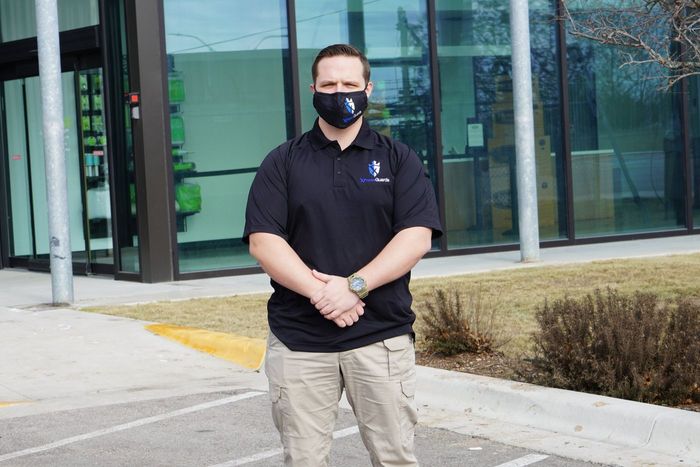
- May 17, 2022
- |security guard company, security guard services
- | 0
What Are The Responsibilities and Powers of Security Guards? –
In general, a security guard’s legal powers are the same as those of a regular person. The legal breadth of a security guard’s authority, on the other hand, may vary based on their level of approved power. There are three different classifications:
- Private security officers’ abilities are limited to those of citizens
- Local governing entities have granted security guards certain approved powers
- Officers who are both security and law enforcement (police)
While there are no laws that particularly control private security guards, the Private Security Advisory Council of the United States Department of Justice’s Law Enforcement Assistance Administration published a brief report in 1976 on the sources of legal authority for private security employees.
The regulating authorities and constraints that control a security guard’s powers are derived from the following primary areas of law, according to this report:
- Criminal Law Constitutional Law
- Contract Law Regulatory Laws Tort Law
While this report was written several decades ago, the law has remained mostly unchanged, and the essential concept remains the same: security personnel are subject to the same rules as other residents.
What Are the Responsibilities of a Security Guard?
Armed and unarmed security officers and guards are privately employed by professional security companies that contract out guard services or by businesses directly as in-house guards. While some are licensed by state or municipal law enforcement, they do not have the same legal authority as police officers.
A security guard, on premises over which they have control, has legal authority to do the following if given the authority by their local authorities:
- Arrest of a citizen
- Use of Force
- Weapons Search *
* In most cases, a security guard is not allowed to search a person without their consent. It is illegal to search another citizen’s person or property, even if they suspect the individual has stolen stuff.
Due to U.S. law’s protection of individual rights, the capacity to search is severely limited. Personal property searches are normally restricted to police officers or require a warrant or authorization. If the security personnel have grounds to believe the person possesses a weapon, the subject may be searched and disarmed while a citizen’s arrest is made.
Searches are also authorized where permission has been provided by contract, such as when employees of a corporation have signed contracts saying that such searches are permitted. Contact us for more information.


